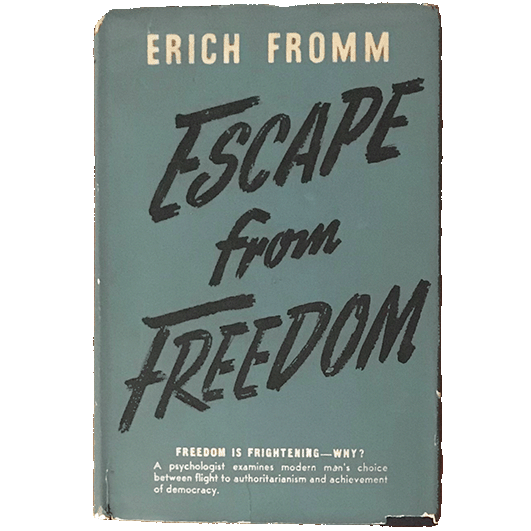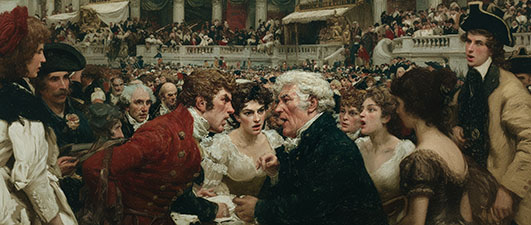The Western Values
We often throw around the phrase "Western values." It's a bit of a mess, really, because "the West" supposedly means Western Europe and North America, yet these values are embraced by countries that are technically not Western at all—Australia, New Zealand, and even South Korea, Japan, and Singapore. But if you actually think about what these Western values are and where they come from, you'll see they genuinely did grow out of Europe. And they're not some vague abstraction about humanism and civil rights. There are three specific foundations of Western values:
-
Greek Analytical Thinking
At its core: formal logic, including the laws of identity and non-contradiction, the rational pursuit of truth through debate, and systematic analysis of reality. This tradition gave us the idea that truth can be discovered through reason rather than just authority or tradition, and that arguments should follow consistent logical rules.
-
Roman Law
Built on written laws and procedures, the concept of legal personhood, property rights, contracts, and courts. The Romans created the revolutionary idea that law should be systematic, publicly known, and apply equally to similar cases—not just the arbitrary will of rulers.
-
Christian Values
A broad term, sure, but in this context it means that each person stands before God, making every human life valuable and individual, with each person possessing conscience and moral choice. This introduced a universal dignity that transcended social status—a radical idea in the ancient world.
Beyond these three, you could pile on plenty more—Enlightenment ideas, modern equality movements, and so on. But the foundation remains these three pillars I've described above.
This explains why Eastern Europe and Russia share similar values but with an Eastern tint. Think of it like Lobachevsky's geometry: remove one of Euclid's postulates and the whole geometry looks similar but works differently. It might seem like a minor change, but under certain conditions, that's the geometry that actually works.
Other civilizations built on entirely different foundations. Russia emphasizes collective spiritual unity over individual conscience, strong central authority over distributed law, and mystical truth over analytical reasoning. China prioritizes social harmony through proper relationships—the individual finds meaning through their place in the hierarchy, not through abstract rights. Japan focuses on group consensus and avoiding conflict, where truth is less important than maintaining wa (harmony). India sees individual life as just one moment in an eternal cycle of karma and rebirth, making current inequalities part of cosmic justice rather than legal problems to solve.
Since it's July 4th, I wanted to get everyone on the same page about this. Because Western values aren't just geography or political rhetoric — they're a cultural-historical complex rooted in thought, law, and morality that influences absolutely everything in society and forms the basis of all its strengths and weaknesses simultaneously.



